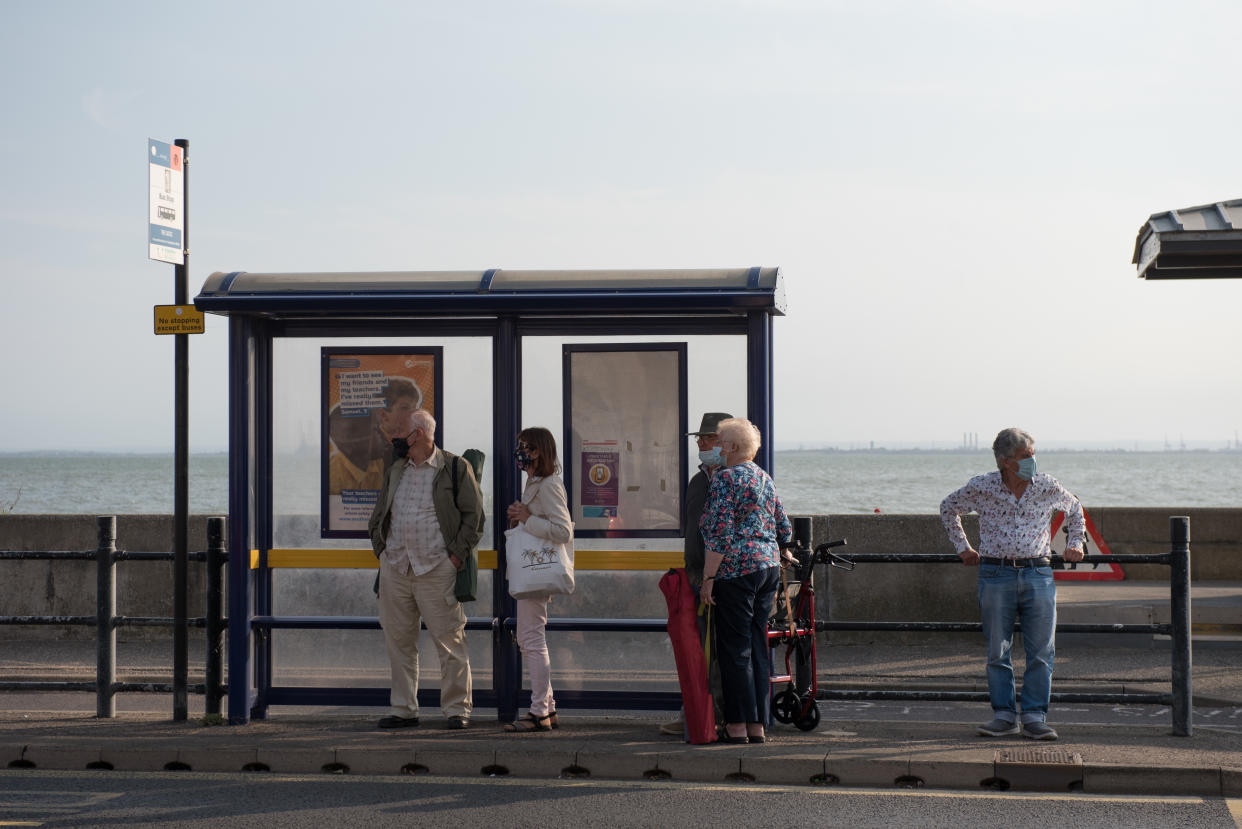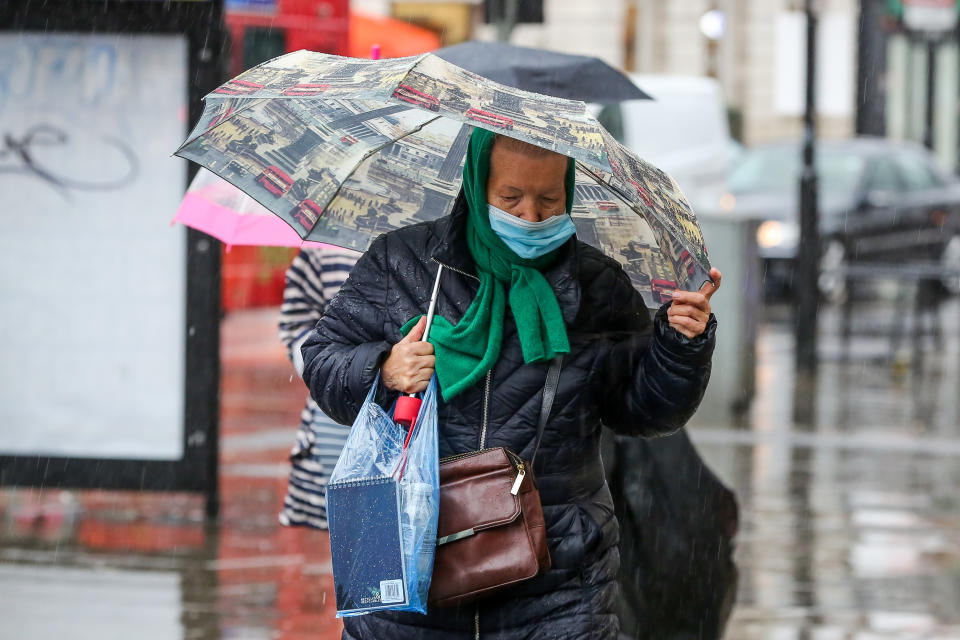Coronavirus vaccine 'should be given to elderly first', government advisor says

A coronavirus vaccine is likely to be given to elderly people first when it arrives, a government advisor has said.
Professor Adam Finn, from the University of Bristol, who is a member of the joint committee on vaccination and immunisation (JCVI), said age should determine those given priority rather than occupation.
He told BBC Radio 4's Today programme that evidence collected by the JCVI, which advises the government on vaccines, showed carers and those who are vulnerable should also receive the jab ahead of the rest of the population.
"People should not imagine that there's going to be a sudden and complete solution,” he said on Tuesday.
"These early vaccines I hope will work to some extent, but there are lots of different vaccines, and they will not all work equally effectively.

"So it's going to be a long drawn-out process getting this right."
Prof Finn said the "obvious people to target for the vaccines, at least at the outset, will be the people that who are at highest risk of getting sick and dying, and that's really the elderly and alongside them those that care for them".
But he warned it was difficult "to find out whether a vaccine blocks transmission until you implement it", adding that "with most of the programmes in the past, this is something we found after we've started using the vaccine".
Read more: 'Rapid achievement' allows antibody trial to move to next phase
"There are ways that you can try and get at that during the course of doing trials, but it is more difficult to do,” he added.
"And of course you would need to have a lot of vaccine to immunise enough people to start to have that effect anyway.
"So for both of those reasons, I think we're likely to see the vaccine being directed towards people who are seen as being at the highest risk, at least to start with."
It comes as Labour’s shadow health secretary Jonathan Ashworth asked Matt Hancock in the Commons if the whole population would get access to a COVID vaccine.
He said: “There has been an expectation that the whole of the population would be vaccinated, not least because he said at the Downing Street press conference that ‘I would hope given the scale of the crisis that we would have vaccine and everybody would have the vaccine’.”
Responding, the health secretary said: “Decisions on the distribution of any vaccine have not been taken.
“The Joint Committee on Vaccines and Immunisations are the body that advises the government on the appropriate clinical prioritisation of vaccines.
“They published an interim guide… and that sets out the order of priority as an interim but we await the data… from the clinical trials of the vaccine before we come to a clinically validated full rollout plan.”
Watch: How does the data blunder affect the battle against COVID-19?
Coronavirus: what happened today
Click here to sign up to the latest news and information with our daily Catch-up newsletter


